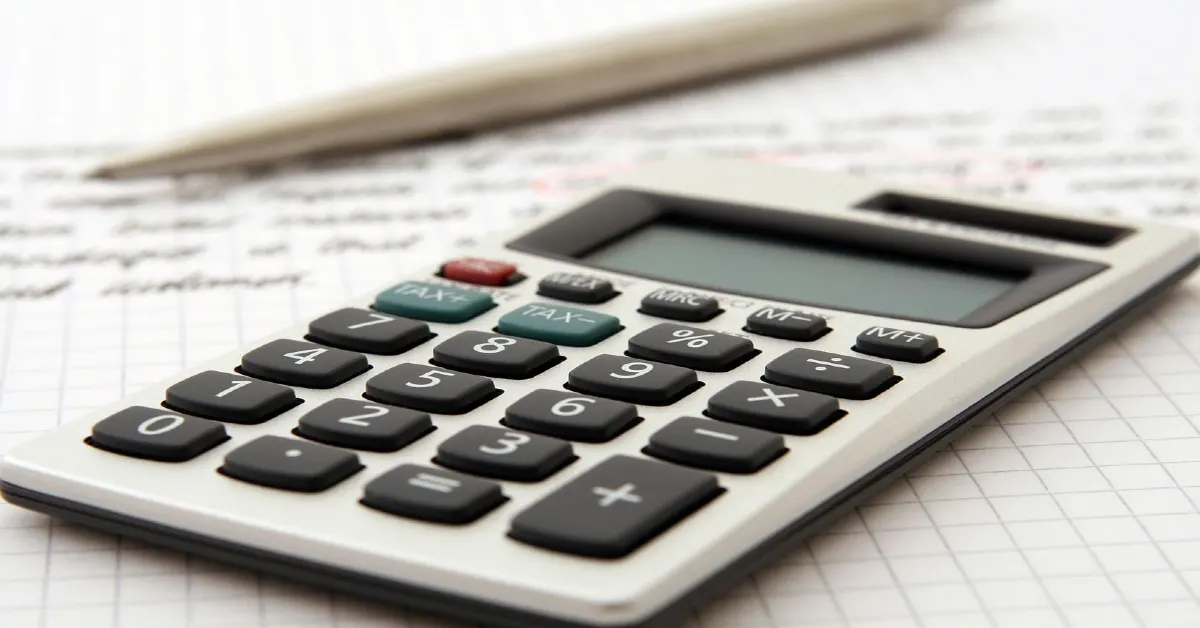If you’re thinking about investing in Dubai, one question probably comes to mind — will you pay tax when you sell your property or shares? The good news is that Dubai has one of the most tax-friendly systems in the world. Capital gain tax in Dubai does not apply to individuals, meaning profits from selling property or shares are completely tax-free, unlike in many other countries that impose CGT on asset sales.
Understanding how this works is essential, especially if you’re an expat or investor planning to grow your portfolio in the city. Let’s explore what this means for you, what other fees you might face, and how Dubai compares to other global markets.
- Overview of capital gains tax in Dubai
- Recent tax changes affecting investment income
- Key fees and related tax considerations
- Comparison: Dubai tax vs other countries
- Tax residency and expat considerations
- Why Dubai remains a top investment destination
- Key takeaways
- FAQs

Overview of capital gains tax in Dubai
CGT is a levy on profits made when selling an asset, such as property or shares. In most countries, if you buy an apartment for £200,000 and sell it for £250,000, that £50,000 profit is taxable.
Different countries apply different rates, sometimes higher for short-term sales. But Dubai takes a different approach. It simply doesn’t impose capital gains tax on individuals.
Dubai’s stance on capital gains tax
Dubai has a clear and straightforward policy: there is no capital gain tax in Dubai for individual investors. Whether you sell real estate, shares, or another asset, you keep the entire profit.
This rule applies to both residents and non-residents, making Dubai a true international investment hub. With no deductions on gains, you can reinvest profits, expand your portfolio, or enjoy the full financial reward of your success.
Recent tax changes affecting investment income
Investors in Dubai need to understand how recent tax reforms affect their income. While the UAE has introduced corporate tax in 2025, individuals remain exempt from capital gains tax on property and shares. This means capital gain tax in Dubai generally applies only to businesses, not private investors.
Corporate capital gain tax in Dubai 2025
In 2025, the UAE introduced corporate tax, mainly targeting business profits. The system looks like this:
- 0% on profits up to AED 375,000
- 9% on profits above AED 375,000
- 15% for large multinational corporations under OECD rules
Applicability to shares and real estate
Here’s how the rules break down:
- Individuals: Exempt from capital gains tax on both property and shares.
- Corporations: May pay tax on gains as part of business income.
That means if you’re trading property or shares through a registered business, your profits could be taxed. But if you sell assets privately, you won’t be taxed. Capital gains tax in Dubai applies only to corporate entities under its new rules.
Key fees and related tax considerations
Even though there’s no CGT, some fees still apply when buying or selling property.
Property transactions
When you buy or sell real estate in Dubai, you’ll typically encounter:
- Transfer fees: About 4% of the property value, payable to the Dubai Land Department.
- Agency fees: Between 2% and 4%, depending on the property and agent.
- Municipality tax: About 5% of the annual rental value, usually paid by tenants.
These are standard administrative fees, not taxes on your profit, but they’re important to include in your financial planning.
Share transactions
When it comes to shares:
- There’s no capital gain tax in Dubai on share sales, no matter how long you’ve held them.
- You may still pay broker or exchange fees.
- Some foreign investors, such as U.S. citizens, may still owe taxes in their home country due to global tax rules.

Comparison: Dubai tax vs other countries
To see why investors love Dubai, it helps to compare tax rates with other major markets:
| Jurisdiction | Individual CGT Rate | Corporate Tax/CGT Rate | Notes |
| Dubai (UAE) | 0% | 0–9% corporate tax; 15% for multinationals | No CGT for individuals; corporate tax applies to business profits only |
| United States | 15–20% (long-term); up to 37% (short-term) | 21% | US citizens taxed globally |
| United Kingdom | 10–20% | 25% | Rates vary by income and asset type |
As you can see, capital gain tax in Dubai doesn’t exist, while most developed countries take a large slice of your profit. This difference explains why investors from around the world continue to buy property and shares in the Emirate.
Tax residency and expat considerations
No matter where you live, Dubai does not tax individuals on capital gains. Residents, non-residents, and foreign investors all enjoy the same zero-tax advantage.
However, if you’re from a country like the United States or the United Kingdom, you may still owe taxes back home. For example, US citizens must report worldwide income and gains to the IRS, even while living in Dubai.
Other taxes and fees in 2025
Although there’s no CGT, a few other taxes exist in Dubai’s system:
- A 9% corporate tax applies to businesses earning more than AED 375,000.
- No inheritance, estate, or gift taxes.
- No wealth or net worth taxes on individuals.
Dubai’s predictable and low-tax framework gives investors peace of mind and long-term financial stability.

Why Dubai remains a top investment destination
Dubai’s tax-free approach to personal investment is part of a bigger vision. The Emirate aims to attract global capital, stimulate economic growth, and foster long-term investment.
Here’s why investors love it:
- No capital gains tax or personal income tax.
- Modern legal systems are backed by the Dubai Land Department (DLD).
- Stable governance and world-class infrastructure.
- Diverse property options, from freehold apartments to commercial real estate.
Simply put, capital gains tax in Dubai doesn’t exist, which makes it easier for investors to plan, profit, and grow.
Key takeaways
Dubai does not charge capital gain tax on individuals, meaning residents, non-residents, and foreign investors keep the full profit from property or share sales. Corporate tax applies only to businesses earning over AED 375,000, with multinationals paying a rate of 15% under OECD rules.
For expats, home country tax rules may still apply, such as for US citizens who need to report worldwide gains. Compared to other major markets, Dubai’s zero-CGT policy, combined with no personal income, wealth, or inheritance taxes, creates a stable and investor-friendly environment. This makes the Emirate an attractive destination for building and growing long-term investment portfolios.
FAQs
No, it is not. Individuals do not pay capital gain tax on real estate in Dubai. You keep the full profit from your sale.
No, they don’t. Dubai does not impose CGT on individuals, whether they are residents or non-residents.
Only for companies. Corporate tax applies to business profits over AED 375,000, not to personal investment gains.
Yes, it does. You’ll pay around 4% in transfer fees and up to 4% in agency fees — these are transaction costs, not taxes.
Yes, they will. The US taxes its citizens on worldwide income, so gains must be declared to the IRS even if Dubai doesn’t tax them.